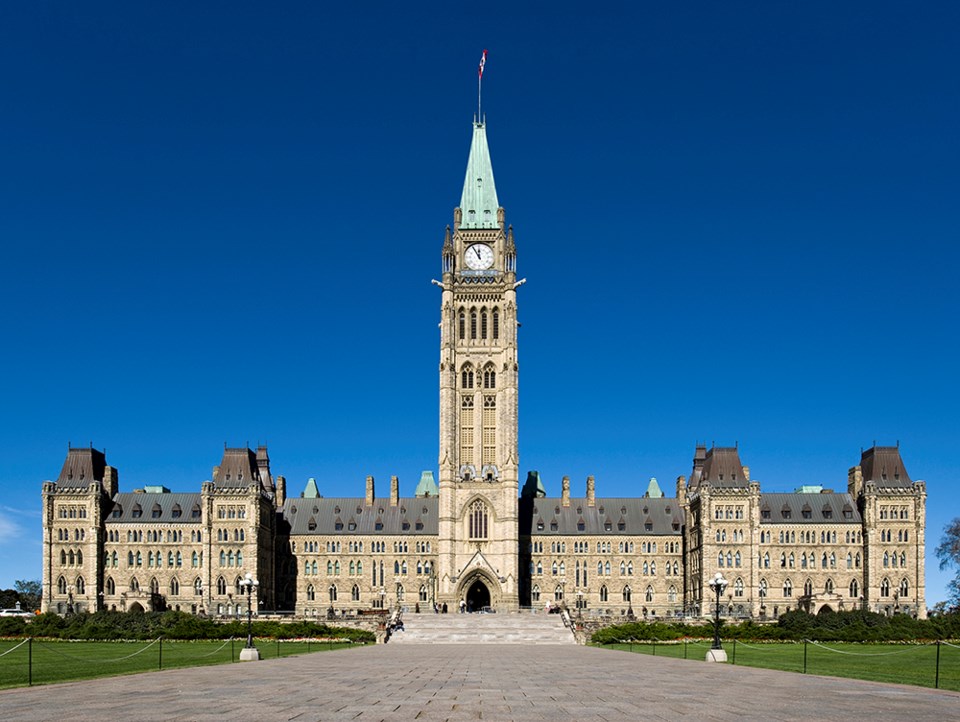The editor:
I write this letter in rebuttal to the submitted letter by Gray Cowan on Nov. 26.
This letter broadly has nine points, although most are sustained complaints about eastern power over people living in Western Canada. In the following letter, I will attempt to restrain myself from commenting on your issues with “policing” or “pollution” and simply assess the “power” the east has over the western provinces (and by that meaning the petroleum producing southern Saskatchewan, western Manitoba and Alberta.
I will tackle the questionable “poor representation” argument first. After the last federal election, I decided to do some light math to determine the actual weight of a single vote/representative in our federal system. In Souris-Moose Mountain, we have a population, according to the 2011 census, of approximately 72,000 people, and 51,580 voters.
Calgary Centre has a population of around 108,000 people and 95,408 electors. Each of these ridings gets the same representation in Ottawa; one person to serve their constituents. In terms of a simple percentage, a vote in Souris-Moose Mountain is roughly equal to 1.84 votes in Calgary. Now that’s a significant difference in representation, is it not?
In addition, isn’t it also unfair that the some 30 per cent of Saskatchewan voters who did not vote for the Saskatchewan Party have no representation in our Legislature? Or what about the nearly 60 per cent of federal voters who did not vote for any parties on the right, be they the Conservatives, the Mavericks, or the People’s Party.
Does that majority deserve no representation because you simply disagree with their politics?
Math and constitutional law aside, let’s take the their population makes elections unfair argument in a moral/social way. Is it not the government’s place to, in the minimum, offer the best policies to the majority of its citizens? Or should the government attempt to satisfy a tiny fraction of its population, leaving the vast majority unserved? My main opposition to this argument is that it is fundamentally undemocratic; it advocates for minority rule with a few extra steps.
I agree that policies in Ontario and Quebec sometimes are not specifically tooled to a specific way of life that westerners have.
Another question I have is that if a province wants to force a pipeline through any other province, is it also not the right of said other province to refuse. Because if that is not the case, then the west has no legal or political leg to stand on to oppose other provinces. If Alberta wanted to dam the River Saskatchewan, do we not have the right to take umbrage to such a request. Or if Albertan oil companies wanted to abandon wells in our riding in order to avoid the costs of clean up, is that not also something that Saskatchewan should be able to oppose? Ultimately, the line of reasoning that you and these “many others” you speak of is simply complaining about how Canada has worked its entire history. This country was founded on economies of extraction, from its peripheries, be those peripheries be in Ontario or Saskatchewan.
It is also a line of reasoning that has enabled untold wealth that brought our province out of the so-called Decades of Debt in the 1980s and 1990s.
But I think most importantly, complaining about representation in Ottawa is fundamentally just complaining. Complaining that times have changed, of a perception of “loss”, that politics in all of Canada, not only in the east as you call it, but across this country is changing.
In the end I say either have a point about electoral reform (an actual policy that would solve the representation problems) or just admit that it’s all undemocratic, minority rule drivel fed to you by a half century worth of swindlers and political snake oil salesman.
John H. Boutin
Alida



